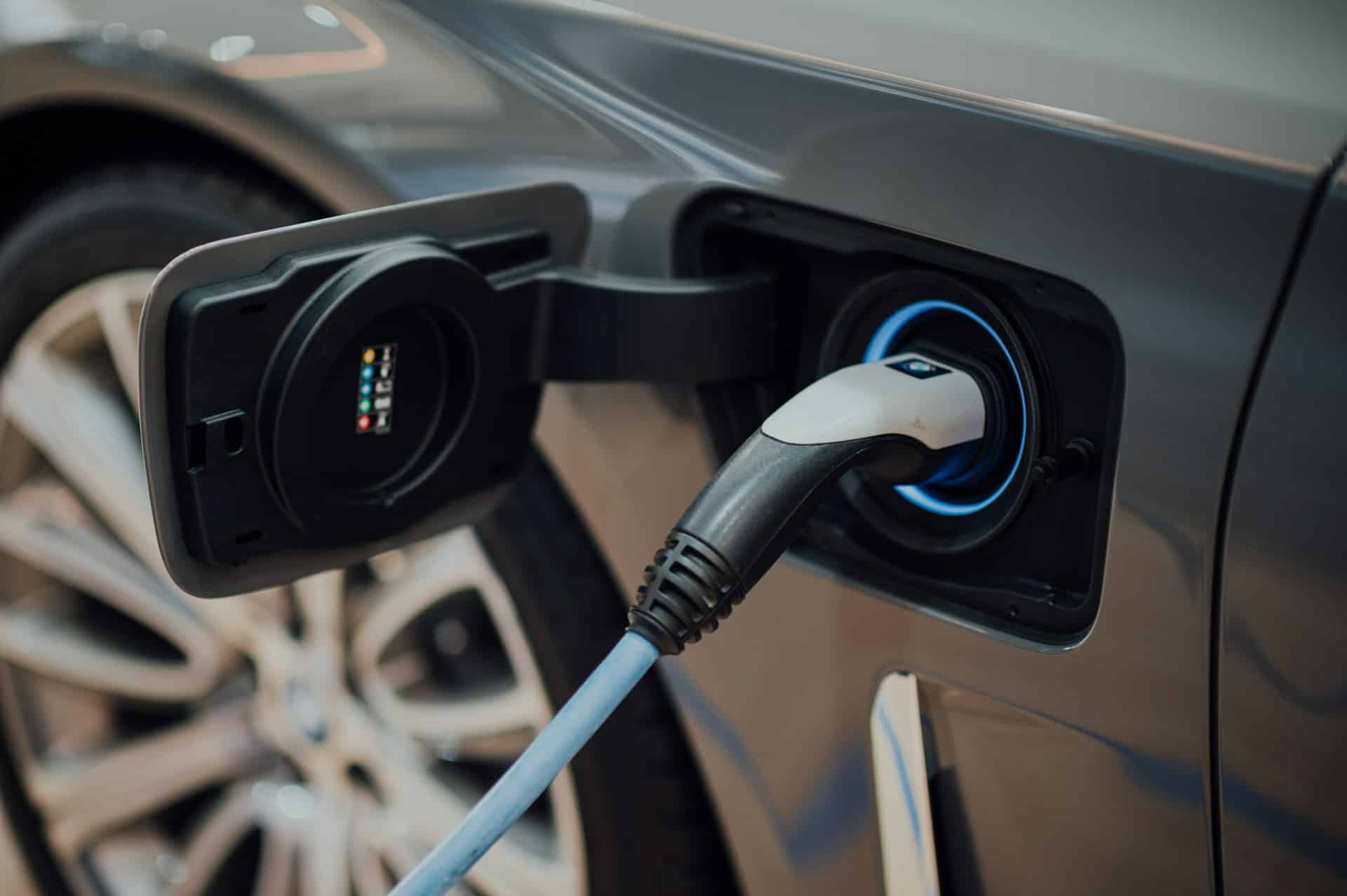
Choosing the right fuel type has become increasingly complex for modern drivers. The automotive market now offers four distinct powertrains, each with unique characteristics. Options like electric car finance are gaining popularity as manufacturers pivot toward electrification. Understanding these alternatives helps you make informed decisions about your next vehicle purchase.
The 2030 ban on new petrol and diesel sales approaches rapidly. This regulatory deadline forces many buyers to consider alternative powertrains seriously. Your choice today affects both immediate costs and long-term vehicle value.
Petrol Cars: The Traditional Choice
Petrol cars remain the most accessible option for UK drivers. They offer the lowest initial purchase price compared to alternative fuel types. Fuel costs are generally lower than diesel per litre, making them economical for short trips. The extensive network of petrol stations provides unmatched convenience nationwide.
Maintenance requirements are typically straightforward and affordable. Most mechanics understand petrol engines thoroughly, ensuring competitive service costs. Insurance premiums are often lower than diesel equivalents due to perceived reliability.
Key advantages of petrol vehicles:
- Lowest initial purchase price;
- Widespread refueling infrastructure;
- Simple maintenance requirements;
- Lower insurance costs.
However, petrol engines produce higher CO2 emissions than diesel counterparts. Fuel economy is generally inferior to diesel on long journeys, increasing running costs. Environmental regulations may become stricter over time, potentially affecting future costs.
Petrol vehicles work best for drivers covering annual mileage under 15,000 miles. They suit mixed city and highway driving patterns effectively.
Diesel Vehicles: Power and Efficiency
Diesel engines deliver superior fuel economy on long journeys compared to petrol alternatives. They typically achieve 20-30% better mpg than equivalent petrol engines. Higher torque output makes them ideal for towing caravans or trailers. Diesel vehicles excel on motorways and dual carriageways where efficiency matters most.
Lower CO2 emissions per mile make diesel environmentally advantageous for high-mileage use. Fuel efficiency reduces the frequency of refueling stops during long trips. Diesel engines often last longer than petrol counterparts with proper maintenance.
Diesel drawbacks include:
- Higher initial purchase price (£1,000-£2,000 premium);
- DPF problems in urban driving;
- City access restrictions;
- Damaged public reputation.
Many cities now impose restrictions or charges on diesel vehicles. Future regulations may further limit diesel access in urban areas. Diesel fuel prices have risen substantially, reducing economic advantages.
Hybrid Cars: Bridging the Gap
Modern hybrid technology comes in three distinct categories with varying capabilities. Mild hybrids use small electric motors to assist petrol engines without providing independent electric driving. Full hybrids feature larger batteries and electric motors capable of short electric-only operation. Plug-in hybrids offer the largest battery capacity with 20-50 miles electric-only range.
Hybrids offer improved fuel economy over conventional petrol engines through electric assistance. They reduce emissions compared to traditional vehicles while maintaining familiar driving patterns. The electric motor provides instant torque for responsive acceleration in city traffic.
Hybrid types and characteristics:
- Mild hybrids: Engine assistance only, no electric driving;
- Full hybrids: Short electric-only capability, self-charging;
- Plug-in hybrids: Extended electric range, external charging required.
However, hybrid vehicles command higher purchase prices than conventional alternatives. Complex systems may increase maintenance costs over time. PHEV benefits diminish significantly without regular charging habits.
Electric Cars: The Future is Now
Electric cars offer the lowest running costs available to modern drivers. Home charging can cost as little as £3-4 per full charge depending on electricity tariffs. Zero local emissions contribute to cleaner air quality in urban areas. Government incentives reduce both purchase and operating costs significantly.
Electric motors provide instant torque and smooth acceleration superior to combustion engines. The driving experience is whisper-quiet and refined compared to traditional vehicles. Maintenance requirements are minimal due to fewer moving parts and fluids.
Higher upfront purchase prices than conventional alternatives remain a significant barrier. Charging infrastructure requires careful journey planning for longer trips. Range limitations may cause anxiety for some drivers accustomed to petrol stations.
Electric vehicle considerations:
- Home charging installation required;
- Cold weather affects battery performance;
- Public charging costs vary widely;
- Longer charging times than refueling.
Making the Right Choice: Key Factors
Several crucial factors influence your optimal fuel type selection. Annual mileage significantly affects which option provides best value. Low-mileage drivers often benefit from petrol’s lower initial costs. High-mileage drivers may find diesel or electric more economical.
Charging access determines electric vehicle viability for many buyers. Home charging makes electric vehicles highly attractive financially. Workplace charging can provide additional convenience and cost savings.
| Fuel Type | Best Annual Mileage | Initial Cost | Running Cost | Environmental Impact |
| Petrol | Under 15,000 miles | Lowest | Moderate | Higher CO2 |
| Diesel | Over 15,000 miles | High | Moderate | Lower CO2, Higher NOx |
| Hybrid | 10,000-20,000 miles | High | Low | Reduced emissions |
| Electric | Under 25,000 miles | Highest | Lowest | Zero local emissions |
Budget considerations extend beyond initial purchase price to total ownership costs. Running costs vary dramatically between fuel types depending on usage patterns. Environmental priorities increasingly influence buyer decisions across all demographics.
Environmental Impact and Future Trends
Electric vehicles produce zero local emissions during operation, improving urban air quality. However, electricity generation and battery production create environmental impacts elsewhere. The UK electricity grid is becoming increasingly renewable, reducing overall carbon footprint. According to government statistics, electric vehicle adoption continues accelerating nationwide.
Research from the BBC indicates that lifecycle emissions favor electric vehicles in most scenarios. The environmental advantage increases as electricity generation becomes cleaner. Manufacturing improvements continue reducing battery production environmental impact.
Hybrid vehicles offer a compromise between efficiency and convenience for transitioning drivers. They reduce emissions compared to conventional vehicles while maintaining familiar refueling patterns. PHEVs provide the greatest environmental benefit when charged regularly from renewable sources.
Conclusion
Choosing the right fuel type depends entirely on individual circumstances and priorities. Consider your driving patterns, budget constraints, and environmental values carefully. Electric vehicles suit urban drivers with reliable charging access perfectly.
High-mileage drivers may still benefit from diesel efficiency despite regulatory concerns. Hybrids offer a practical stepping stone to full electrification. Petrol remains viable for low-mileage, budget-conscious buyers seeking simplicity.
The automotive landscape is changing rapidly toward electrification. Electric vehicles will dominate future sales as technology improves and costs decrease.






